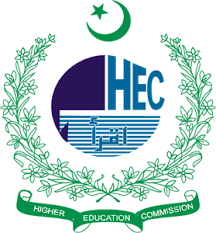Role of Punjab Auqaf Department in Promoting Interfaith Harmony
Abstract
The promotion of interfaith harmony has become an essential aspect of social policy in religiously diverse countries like Pakistan. In this context, the Punjab Auqaf Department plays a unique and influential role, given its administrative control over religious endowments, mosques, and particularly Sufi shrines—centers historically known for fostering tolerance and inclusion. This article explores the initiatives, contributions, and limitations of the Punjab Auqaf Department in promoting interfaith harmony, with a specific focus on the socio-religious landscape of Pakistan. The study highlights how the department has utilized Sufi shrines such as Data Darbar and Bulleh Shah’s shrine as platforms for disseminating messages of peace and coexistence. It further investigates the department’s role in organizing interfaith conferences, seminars, and community engagement events that bring together leaders from various religious backgrounds. Efforts to preserve and maintain non-Muslim religious sites in collaboration with other governmental bodies also reflect a commitment to inclusivity. Despite these efforts, the department faces multiple challenges, including financial constraints, limited rural outreach, political interference, and societal resistance from extremist factions. The impact of these challenges on the effectiveness of the department’s initiatives is critically analyzed. The article concludes that while the Punjab Auqaf Department has taken commendable steps toward interfaith engagement, its efforts remain insufficient without a coordinated national policy, increased autonomy, and broader civil society participation.
Keywords: Punjab Auqaf Department, Interfaith Harmony, Religious Tolerance, Sufi Shrines, Pakistan, Minorities, Religious Coexistence, Urs, Religious Institutions, Peace Building









